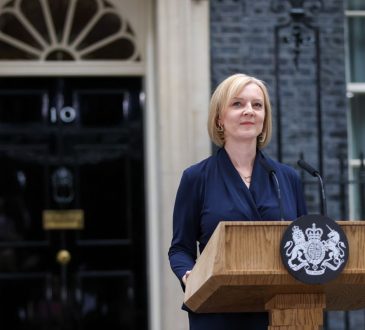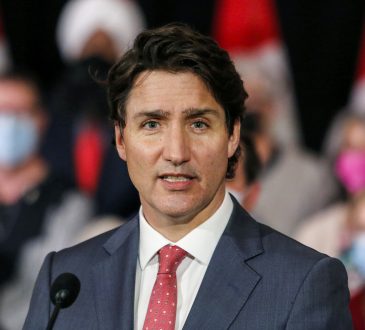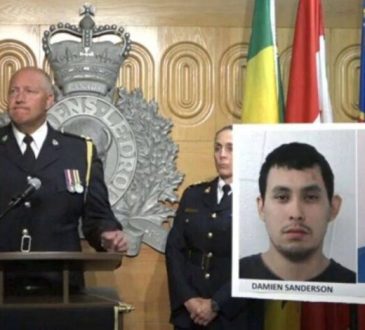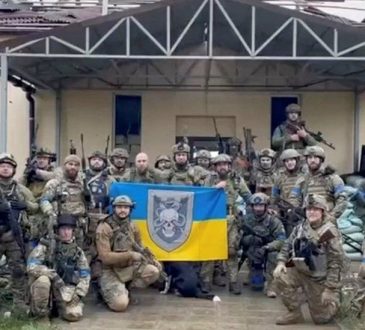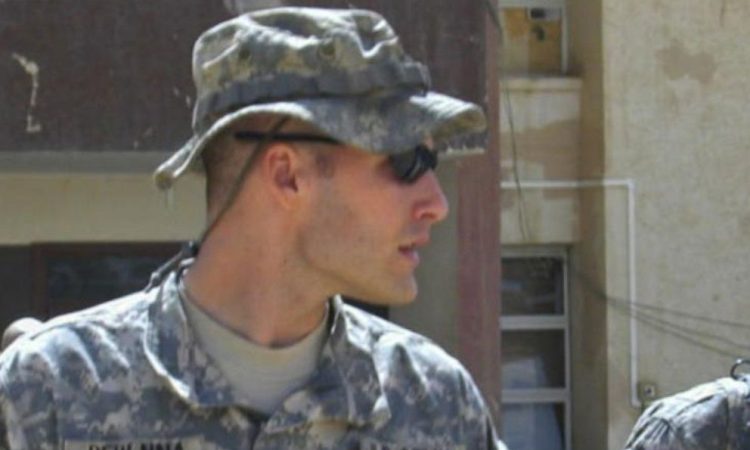
The UN has sharply criticised President Donald Trump’s decision to pardon four former Blackwater contractors jailed over the killing of 14 Iraqi civilians.
Nicholas Slatten, Paul Slough, Evan Liberty and Dustin Heard opened fire in Baghdad’s Nisoor Square in 2007 while guarding an American diplomatic convoy.
The UN Human Rights Office warned that the pardons would serve to embolden others to commit similar crimes.
The father of a nine-year boy who died said Mr Trump “broke my life again”.
There was no immediate response from the Iraqi government.
Slatten, Slough, Liberty and Heard were among 19 Blackwater private security contractors assigned to guard a convoy of four heavily-armoured vehicles carrying US personnel on 16 September 2007.
According to the US justice department, at about noon that day several of the contractors opened fire in and around Nisoor Square, a busy roundabout that was immediately adjacent to the heavily-fortified Green Zone.
When they stopped shooting, at least 14 Iraqi civilians were dead – 10 men, two women and two boys, aged nine and 11. Iraqi authorities put the toll at 17.
US prosecutors said Slatten was the first to fire, without provocation, killing Ahmed Haithem Ahmed Al Rubiay, an aspiring doctor who was driving his mother to an appointment.
The contractors said they mistakenly believed that they were under attack.
The incident caused international outrage, strained relations between the US and Iraq, and sparked a debate over the role of contractors in warzones.
A White House statement said Slatten, Slough, Liberty and Heard had a “long history of service to the nation” as veterans of the US Army and US Marine Corps, and that their pardons were “broadly supported by the public… and elected officials”.
It added that the Court of Appeals “ruled that additional evidence should have been presented at Mr Slatten’s trial”, and that prosecutors recently disclosed “that the lead Iraqi investigator, who prosecutors relied heavily on to verify that there were no insurgent victims and to collect evidence, may have had ties to insurgent groups himself”.
Brian Heberlig, a lawyer for Paul Slough, said the contractors “didn’t deserve to spend one minute in prison” and that he was “overwhelmed with emotion at this fantastic news”.
Mohammed Kinani, a US-Iraqi dual citizen whose nine-year-old son Ali was killed in Nisoor Square, told the BBC that President Trump’s decision “broke my life again”.
“He broke the law. He broke everything. He broke the court. He broke the judge,” he said.
“Before [this] I felt that no-one [was] above the law.”
A spokeswoman for the UN Human Rights Office, Marta Hurtado, expressed deep concern and said pardoning the guards “contributes to impunity and has the effect of emboldening others to commit such crimes in the future”.
“The UN Human Rights Office calls on the US to renew its commitment to fighting impunity for gross human rights violations and serious violations of international humanitarian law, as well as to uphold its obligations to ensure accountability for such crimes,” she added.
Hina Shamsi, director of the American Civil Liberties Union’s National Security Project, said Mr Trump had “hit a disgraceful new low with the Blackwater pardons”.
“President Trump insults the memory of the Iraqi victims and further degrades his office with this action,” she added.
Democratic US Senator Chris Murphy tweeted: “Pardoning these murderers is a disgrace. They shot women and kids who had their hands in the air.”
“But it’s all part of a plan to limit [President-elect Joe] Biden’s national security tools. These pardons will greatly damage U.S.-Iraq relations, at a critical moment.”
BBC

